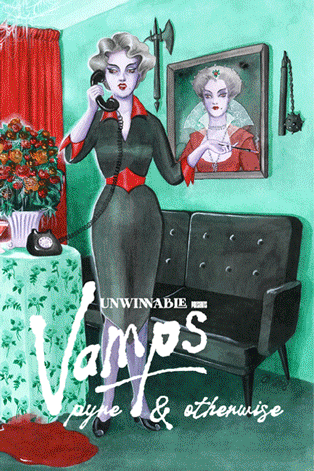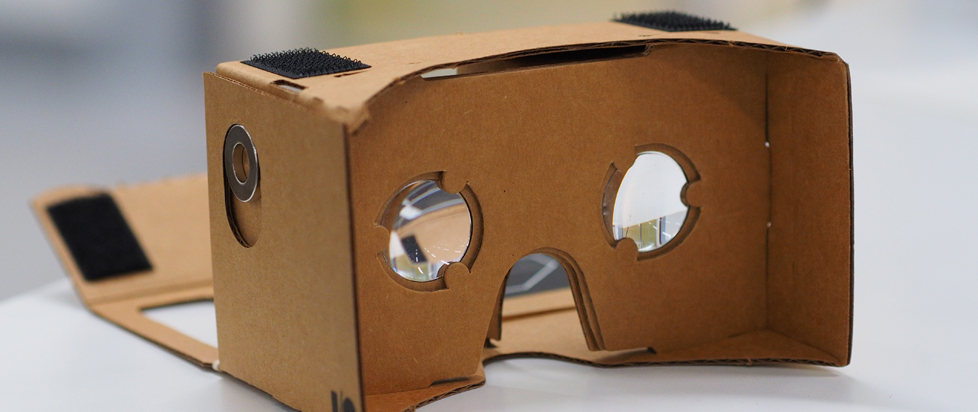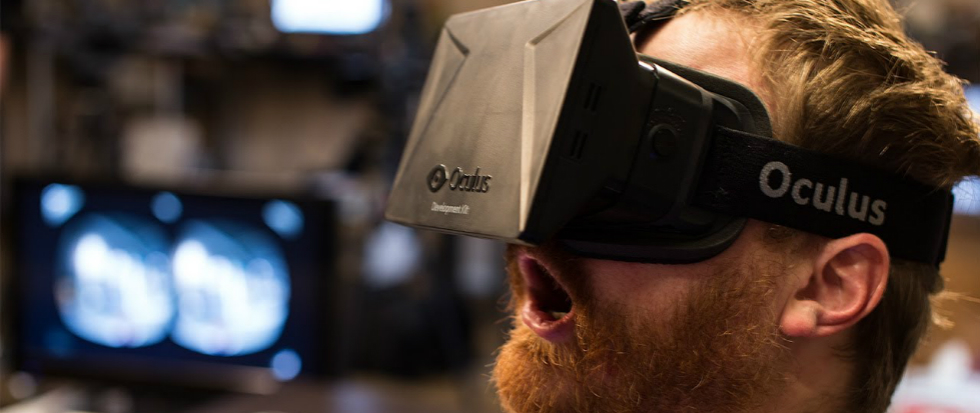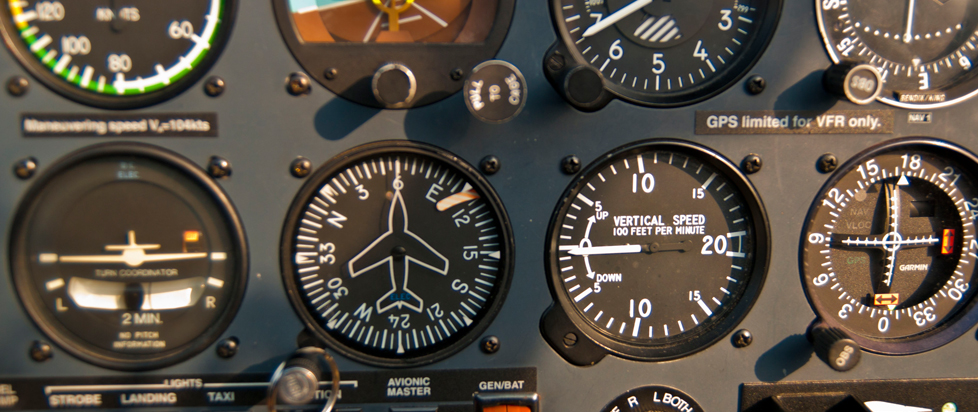
One Last Flight
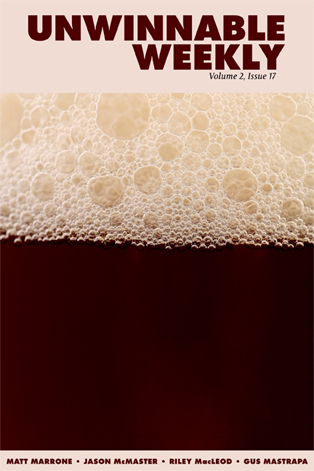 I was 24 when terrorists crashed two planes into the World Trade Center. My brother and my dad ran a company named MCM (I wonder why) and I was a programmer and data analyst. My job was to travel to different mobile phone and paging companies and install our latest software – software my dad had spent the last 30 years of his life developing. This required a lot of flying. I hate flying. I hated it even more after 9/11. So, I just stopped flying.
I was 24 when terrorists crashed two planes into the World Trade Center. My brother and my dad ran a company named MCM (I wonder why) and I was a programmer and data analyst. My job was to travel to different mobile phone and paging companies and install our latest software – software my dad had spent the last 30 years of his life developing. This required a lot of flying. I hate flying. I hated it even more after 9/11. So, I just stopped flying.
My brother and I had some words about this and I left the company. My dad stayed on awhile, until my brother managed to oust him, taking his life’s work and income. He then started a campaign to steal all of my dad’s independent customers. It worked. Around this time, I moved out of state and rarely saw my dad. I haven’t spoken to my brother since.
A few years ago, having lost my own startup company and needing a change of scenery, I moved back home. Things hadn’t been going so well. My parents divorced when I was very young – my dad had been an alcoholic and when he sobered up, he decided to find out what he’ d been missing all those years and left us. He had done well for himself up until my brother destroyed his reputation and stole his business.
There’s part of me, of course, that doesn’t feel that bad for my dad’s business woes. After all, he did leave us high and dry, forcing us onto food stamps and public assistance. On the other hand, he was my dad. So, when I got a call that he had developed cancer, even though it had been a while since we’d seen each other or been close, I was still very upset.
The house was an upsetting sight. It was small, but the lack of décor, the banged up furniture and plywood covering the floors, stung my heart. What was worse was seeing my dad.
Here was this man, my father, who had brought me into the world and towered over me for my developmental life, holed up in this tiny room looking frail and tired.
“Hello my boy!” he shouted as he always did as we embraced. That much, at least, hadn’t changed.
One of the notable traits of Ted McMaster was his laugh. It was fast, like machine gun fire, but full of mirth. He laughed big, smiled big and loved readily. Another was his Zen-like attitude of turning the other cheek and not speaking ill of others. He embodied Thumper’s notion of “if you can’t say anything nice, don’t say anything at all.”
